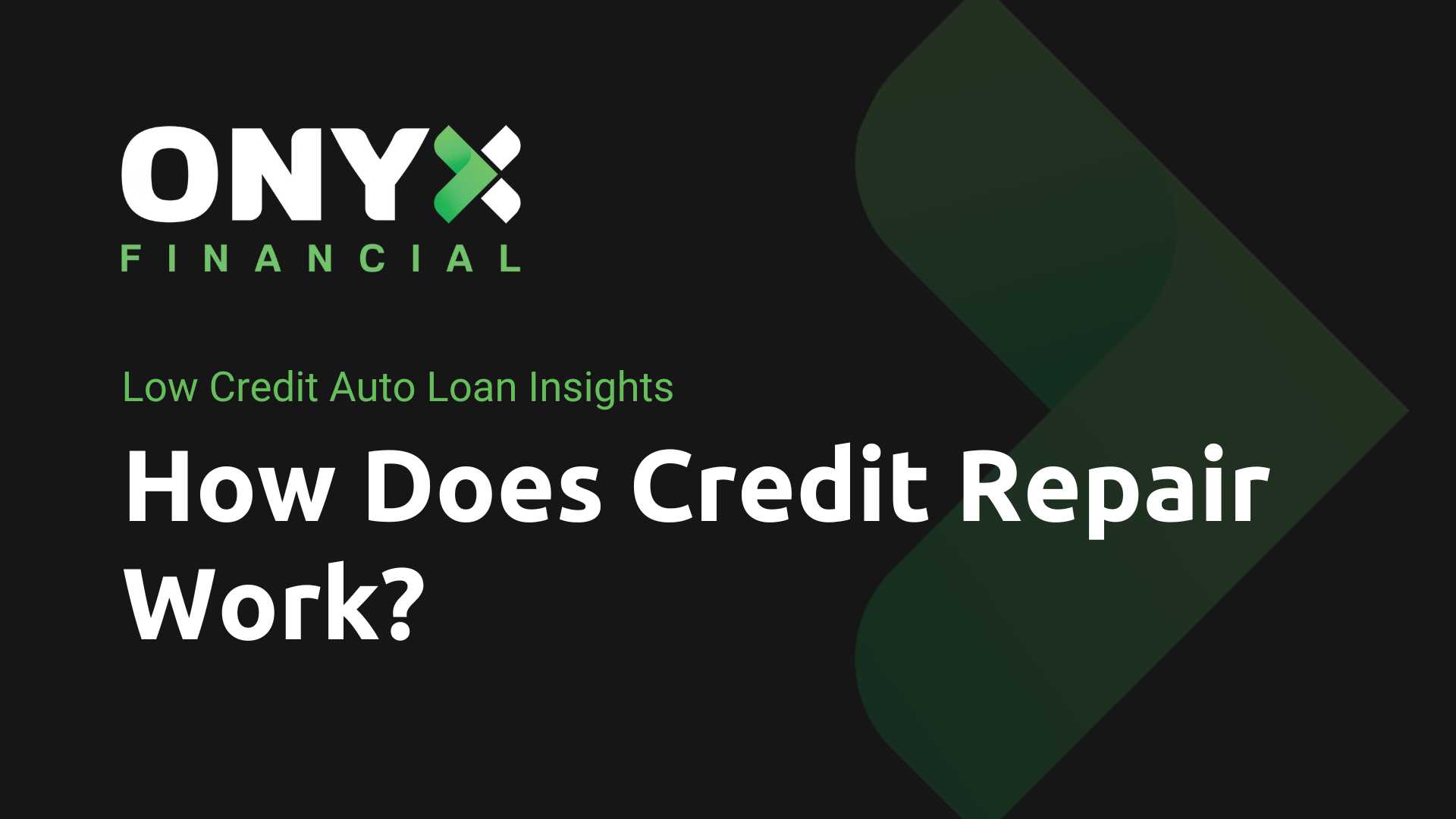Welcome to our latest video blog, “How Does Credit Repair Work?” If you’ve ever wondered about the intricacies of credit repair, you’re in the right place. Let’s dive into the basics. Following a bankruptcy, it’s common to receive solicitations from credit repair agencies promising to remedy your financial situation. They often suggest that post-bankruptcy, your access to credit cards and loans will be severely limited for an extended period.
However, it’s crucial to scrutinize these claims. These agencies typically propose a solution involving the concealment of your bankruptcy through the creation of a new identity. This involves obtaining an Employer Identification Number (EIN) from the IRS and using it instead of your Social Security Number when applying for credit. While this tactic aims to establish a clean credit slate, it’s essential to recognize the legal and ethical pitfalls associated with such practices. Obtaining an EIN for personal use is illegal, and engaging in such activities could lead to serious legal repercussions, including charges of fraud. Additionally, many jurisdictions consider this practice a civil offense, underscoring the importance of exercising caution and due diligence when exploring credit repair options.
How Does Credit Repair Work? – Video Transcription:
Curious about how credit repair works? Here’s a breakdown. When you’ve recently gone through bankruptcy, you might receive letters from credit repair agencies. These letters often suggest that due to your bankruptcy, you won’t qualify for credit cards, personal loans, or other forms of credit for a decade.
However, this claim isn’t entirely accurate. For a fee, these agencies offer to conceal your bankruptcy by creating a new identity. They may advise you to apply for an Employer Identification Number from the IRS. Then, they’ll instruct you to use this instead of your Social Security Number when applying for credit.
This approach aims to separate your new credit history from any previous negative information. However, it’s essential to understand the risks involved. Obtaining an EIN for personal use is illegal, and applying for one via phone or mail could lead to charges of mail or wire fraud. Additionally, in many states, this practice is considered a civil offense. Ultimately, be cautious of any company promising quick fixes for credit repair. Under the Credit Repair Organizations Act, it’s unlawful for an agency to charge you before delivering the service. Remember, if an offer sounds too good to be true, it probably is.
More FAQ’s
What is credit repair, and why might I need it?
- Credit repair involves identifying and disputing errors or negative items on your credit report to improve your credit score. You might need it if you’ve discovered inaccuracies or outdated information that could be negatively impacting your creditworthiness.
Can I repair my credit on my own, or do I need to hire a professional?
- Yes, you can repair your credit on your own by obtaining your credit report, identifying errors, and disputing them with the credit bureaus. However, hiring a professional credit repair service can save time and provide expertise, especially for more complex issues.
What steps are involved in the credit repair process?
- The credit repair process typically includes obtaining your credit reports, reviewing them for errors, disputing inaccuracies with the credit bureaus, negotiating with creditors for debt validation or removal, and monitoring your credit for changes.
How long does credit repair usually take?
- The duration of credit repair varies based on the complexity of your case and the number of disputes involved. Generally, it can take anywhere from a few months to a year to see significant improvements in your credit score.
What are the potential benefits of successful credit repair?
- Successful credit repair can lead to a higher credit score, which can improve your chances of getting approved for loans and credit cards with better interest rates, lower insurance premiums, and even better job prospects in certain industries.


